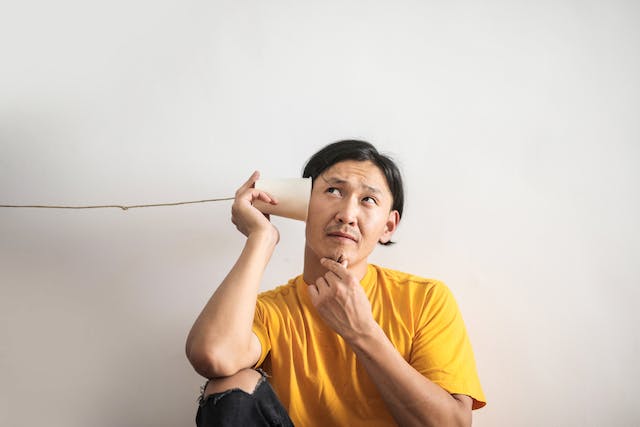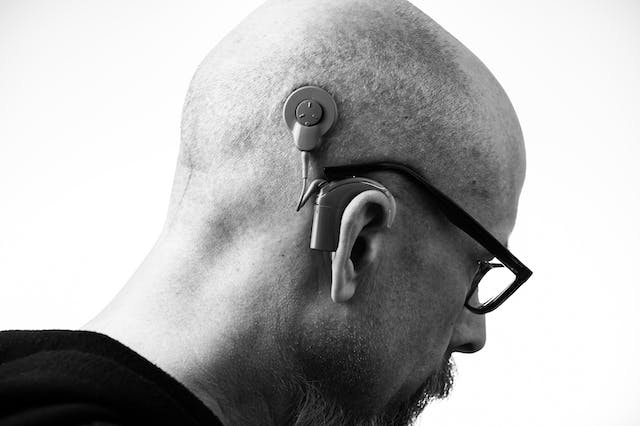Hearing Loss and Treatment Options
Hearing is one of our most precious senses, allowing us to connect with the world around us through sound. But what happens when the world starts to grow quieter, and you struggle to hear the sounds you once took for granted? Hearing loss is a common condition that affects millions of people worldwide, and understanding its causes and treatment options is essential for regaining the joy of sound in your life.

The Impact of Hearing Loss
Hearing loss can have a profound impact on your life, affecting your ability to communicate, socialize, and enjoy the world of sound. Common consequences of untreated hearing loss include:
- Difficulty understanding conversations, especially in noisy environments.
- Feelings of isolation and withdrawal from social interactions.
- Decreased quality of life and overall well-being.
- Impaired cognitive function and an increased risk of cognitive decline.
- Relationship strains with loved ones due to communication difficulties.
Types and Causes of Hearing Loss
Hearing loss can be categorized into different types, including:
Sensorineural Hearing Loss
This type of hearing loss occurs when there is damage to the inner ear or the auditory nerve. It is the most common type of permanent hearing loss and is often age-related (presbycusis) but can also result from noise exposure, genetics, or certain medications.
Conductive Hearing Loss
Conductive hearing loss occurs when sound is unable to travel effectively through the outer or middle ear. Causes can include earwax buildup, ear infections, or structural abnormalities in the ear.
Mixed Hearing Loss
Mixed hearing loss is a combination of sensorineural and conductive hearing loss, resulting from issues in both the inner and middle ear.
Treatment Options for Hearing Loss
The good news is that many treatment options are available to address hearing loss and improve your quality of life. These options include:
Hearing Aids
Hearing aids are small, wearable devices that amplify sounds and improve your ability to hear. They come in various styles and technologies, including behind-the-ear (BTE), in-the-ear (ITE), and invisible-in-canal (IIC) models.
Cochlear Implants
Cochlear implants are surgically implanted devices that provide direct electrical stimulation to the auditory nerve, bypassing damaged hair cells in the inner ear. They are typically recommended for individuals with severe to profound sensorineural hearing loss.

Assistive Listening Devices (ALDs)
ALDs include devices like personal amplifiers, captioned telephones, and TV listening systems that can enhance your ability to hear in specific situations.
Medical and Surgical Treatments
In cases of conductive hearing loss, medical or surgical interventions may be necessary. Procedures can include earwax removal, treatment of ear infections, or surgical correction of structural issues.
Consult with a Hearing Specialist
If you suspect you have hearing loss or are experiencing difficulties with your hearing, it’s essential to consult with a hearing specialist or an Ear, Nose & Throat (ENT) doctor. They can assess your hearing, determine the type and degree of hearing loss, and recommend appropriate treatment options.
Hearing Loss and Treatment Options: Contact Ear, Nose & Throat of New York
Dr. Michael Burnett, a leading ENT specialist in New York City, specializes in diagnosing and treating hearing loss. He and the team at Ear, Nose & Throat of New York are dedicated to helping you regain the joy of sound and improve your overall quality of life.
Don’t let hearing loss diminish the beauty of life’s sounds. Contact us today to schedule your appointment and take the first step toward a world filled with the sound of joy and connection.
Ear, Nose & Throat of New York
Michael C. Burnett, MD
115 East 57th Street Suite 600
New York, NY 10022
Phone: 212-867-4813







